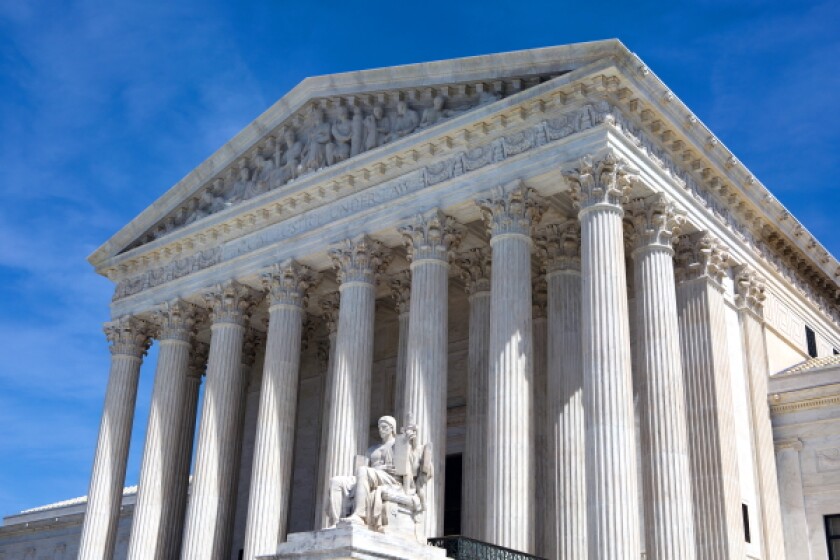The US Supreme Court upheld the doctrine of assignor estoppel today, June 29, but imposed new limits on when it could be used.
In a five to four decision in Minerva v Hologic, the high court ruled that while there are valid uses for the doctrine – which bars inventors from challenging their own patents today – it has been applied in the past to improperly stop warranted challenges to patent validity.
Justice Elena Kagan, who wrote the majority opinion, said the doctrine applies only when an inventor says one thing (explicitly or implicitly) in assigning a patent and the opposite in litigating against the patent’s owner.
Stefan Szpajda, partner at Dorsey & Whitney in Seattle, said: “The Supreme Court’s ruling honours the centuries-old fairness principles on which assignor estoppel is based, while acknowledging the practical contemporary reality of how patents are invented, assigned, and later sold.
“The majority’s ruling will be seen as a win for competition and employee mobility, as it will make it harder for companies to rely on assignor estoppel to shield their patents from challenge by competitors who hire their former employees.”
This issue of assignor estoppel arose in the case after Hologic, a medical devices company, sued uterine health specialist Minerva for infringing certain claims of its US patents (6,872,183 and 9,095,348). Hologic had acquired the rights indirectly from the founder of Minerva, Csaba Truckai.
Minerva asserted invalidity arguments and filed inter partes reviews at the Patent Trial and Appeal Board (PTAB), before Hologic responded by asserting assignor estoppel.
The PTAB decided that the method patent claims were invalid, and Minerva asked the District Court for the District of Delaware to dismiss the asserted claims from those patents as moot. The district court denied the request because the claims had not yet been cancelled and were still subject to appeal.
Hologic then moved for summary judgment at the district court, which granted the motion and agreed with the company that assignor estoppel barred Minerva from asserting invalidity.
After the trial, the Court of Appeals for the Federal Circuit affirmed the PTAB’s final written decision concerning the unpatentability of the method patent claims.
As a result, the district court denied Hologic's motion for a permanent injunction and for supplemental damages. Hologic and Minerva appealed to the Federal Circuit.
On appeal, the appellate court affirmed-in-part and vacated-in-part the District of Delaware's judgment, and remanded the case.
Both parties ended up appealing to SCOTUS. The high court accepted the petition for writ of certiorari from Minerva on January 8, but denied Hologic’s petition.











